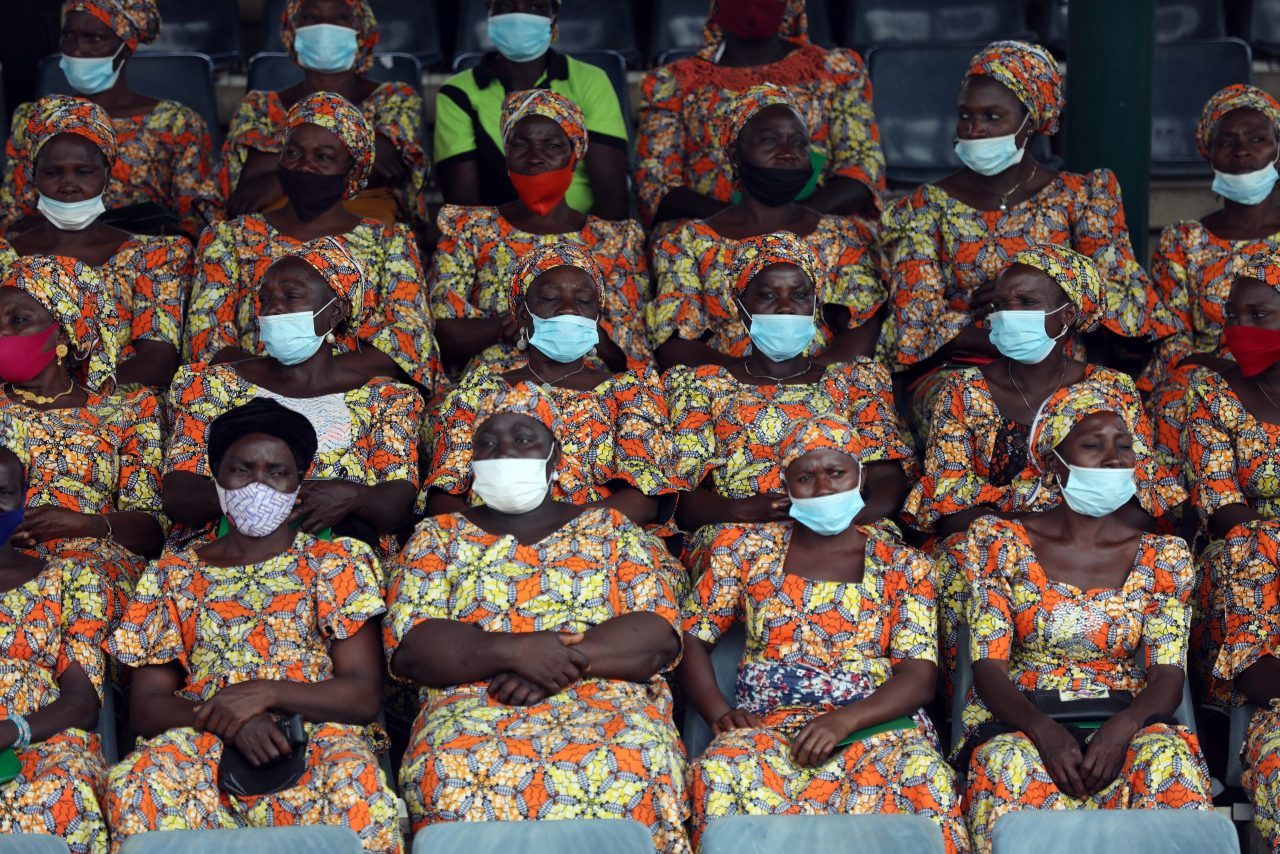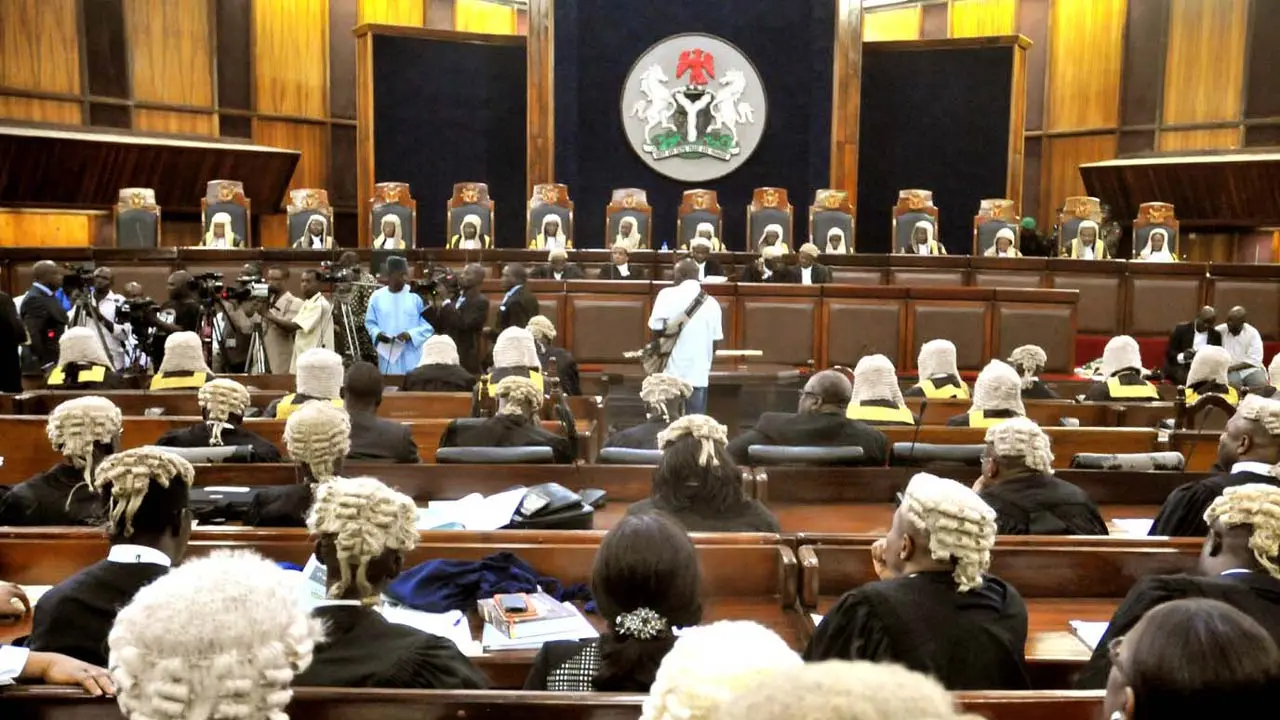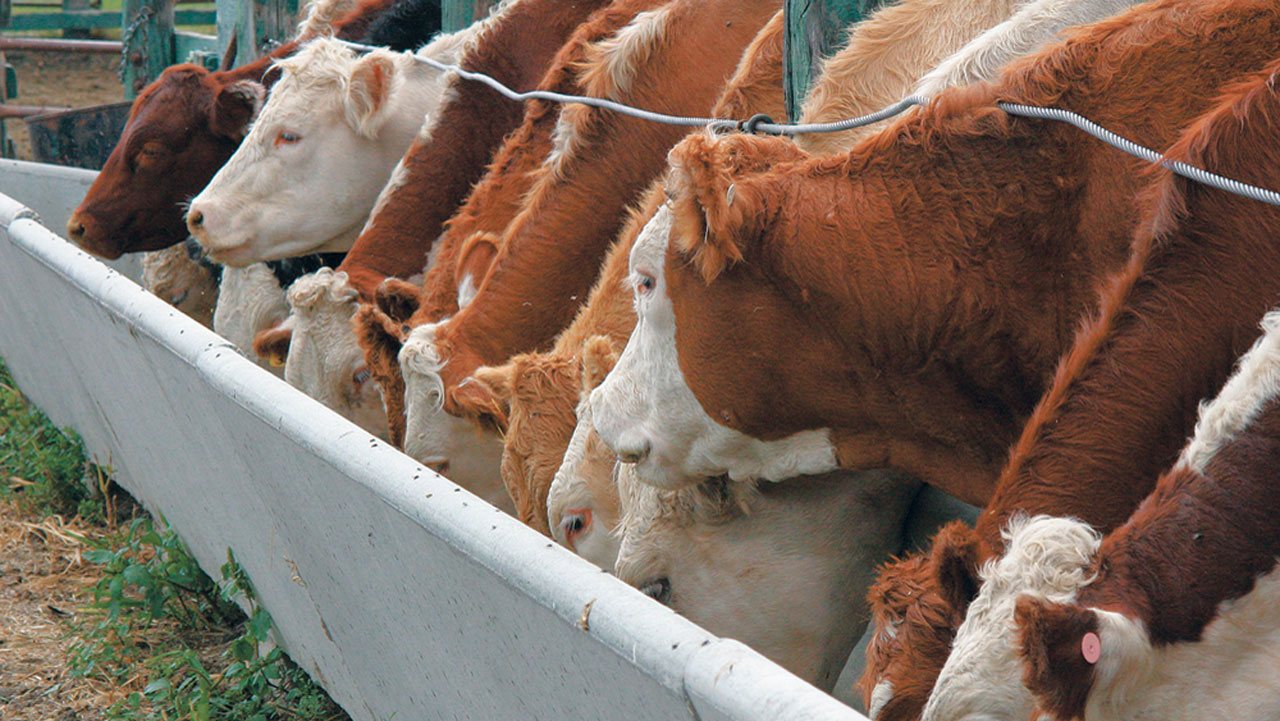
Ordinarily, suppose one should go by the maxim that we are all political animals as asserted by the great philosopher himself. In that case, the issue of women in politics will require no discussion. Since women ideally constitute part of the human beings that are inherently political. However, participation takes a more severe dimension than the mere proclamation of one as a political animal. So, in the context of political participation, the role of women in Nigeria will continue to attract some exciting scholarship.
Effective participation in politics entails seeking political offices through the mandates of the electorates. It extends to assuming a partnership of political parties in vogue, the aspiration to the leadership of the people in a representative status. However, Nigerian politics is characterized by so much glamorous drama that makes its terrain rather muddy and its voltage highly volatile. Political institution breeds violence, thuggery, the accusation of rigging and sometimes rigging in whatever forms acrimony blackmail, and outright disregard for decency that is supposed to be a sine qua non in the psychology of leadership. Beyond the above, participation also entails involvement in the less glamorous aspect, which is strategic thinking. Though political strategists constitute the backbones of many a political party, they are scarcely ‘visible’ to the general public. The involvement of women as strategists is one of the many ways they can influence politics and, more specifically, policymaking. We do know that many policies in our climes are so anti-women that their involvement as strategists may in no time reverse the ugly trend. It can also align them with women in other climes who have become accustomed to strategic participation.
While it is agreed that there is no permanent friendship in politics as much as in diplomacy but permanent interest, glaringly, there exists a permanent hatred in Nigerian politics. Cursory observer of Nigerian politics without even being a student of political history knows quite well that the totality of our personalities is dragged into politics.
Against the backdrop of the characteristic of Nigerian politics vis-a-vis the psychology of womanhood as subjected to customary and even religious restrictions that curtailed their participation, the probable prospects and problems to be encountered become highly relevant. However, given the current visibility of women in corporate entities that were once the exclusive preserve of men, women in politics should brace to shatter the ubiquitous glass ceiling that constrained them.
Some women, albeit very few, have participated actively in matters affecting the populace from pre-colonial times. They have fought against oppression, the perceived or actual and unnecessary incursion into what the people hold dear to their hearts. The Aba women are a focal point in this regard. They protested against what they perceived to be an imposition of a tax on women. Of course, we cannot forget the roles of Madam Funmilayo Ransome Kuti, the firebrand nonconformist, who remained a thorn in the flesh of the military juntas. There and then, there has been some sporadic emergence of women in leadership. Nevertheless, today the situation is changing. Many of our women are becoming highly educated and are achieving more remarkable successes on their own. The new development should become the stabilizing pad to assert themselves in the main political arena, beyond positional handed down women leaders. At such a time, we need women of goodwill to step up into the ring and rescue our sinking ship as a nation.
As a result, many more are coming up to submit themselves for services to humanity in all spheres of human endeavors. More women are invading the slippery terrain of politics almost daily.
However, as much as this idea is a welcoming development, the problem still lies in the fact that undue emphasis is given to gender differences as the main reason for coming into politics. They seem to be saying it without reservation that they are coming to fight what is referred to as women’s discrimination or men’s oppression. The stage looks much like an extension of the women’s liberation movement. Furthermore, this portends great danger for them and democracy if the only focus is to replace discrimination with reversed discrimination.
If the phenomenon is left unchecked, we shall be experiencing worse political vendetta in this country, and our search for stable democracy shall continue to be a mirage. I sincerely believe that women should go into politics if only they strongly believe in their capability for the leadership role. They should come out flaunting other credentials other than merely emphasizing gender differences as the primary criterion for their involvement in politics. The essence of women in politics should be to display better alternatives to ‘unproductive’ men dominations and not to seek vendetta, no matter how attractive that may be.
Like many women who step up to be counted, there is no doubt that they would still need menfolk support. Therefore, it would be counterproductive if ‘combative’ feminism could hold sway in the political arena. It is on good record that many men today align with fairness-minded feminism. Such men can be counted as partners in progress with women of goodwill to dismantle the ineptitude in our political sphere.
While there have been reported cases of women who made it to the top only to become heady, too bossy, and unnecessarily intoxicated of power imbued in their offices; it may not be fair to put all women in the same garb as these. We are still awed by the sheer ‘looting’ attributed to the likes of Madam Diezani, but such should not be a yardstick for all womenfolk. More terrible men exist, and yet we have not precluded men from politics. As much as Nigerian politics does not require any dictator in its midst, we should be careful not to silence our women based on unfair stereotyping. Therefore, we respectfully implore our women folks to eschew the attitudinal tendency towards the forceful assertion of one authority. Their participation in politics will become worrisome in the minds of so many, even if not expressed.
The participation of women in politics would not have attracted any debate if not for the discriminating approach to it. While they stand to have tremendous growth in politics, the fear of “themselves” will continue, unless corrected, to be an obstacle to them.
All the same, the growth of the army of women in politics is a welcoming development. We should do all things possible to ensure that the growth is not in anyways stunted. It is about time women in Nigeria step out and be counted. It is more imperative now that our nation’s ship is sliding into the precarious but avoidable precipice.
Oluwadele is a chartered accountant and public policy scholar based in Canada.






